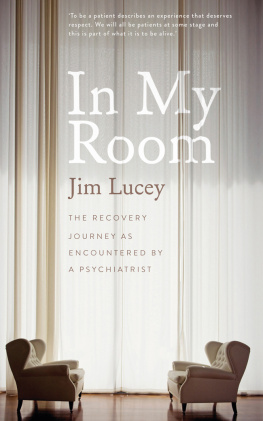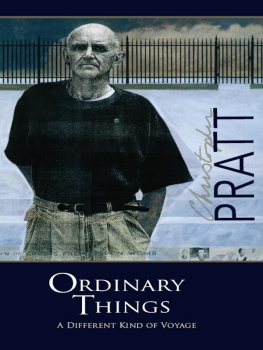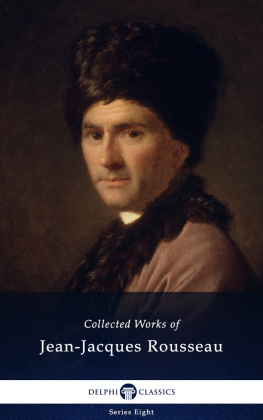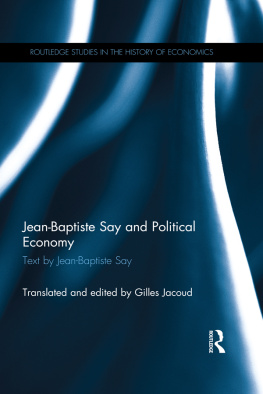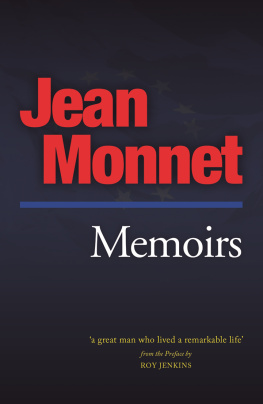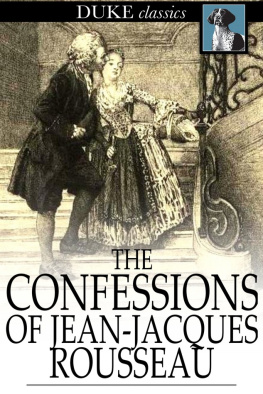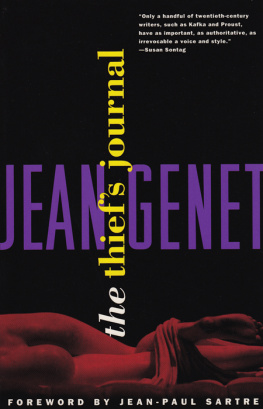Published in Great Britain in 2015 by Canongate Books Ltd,
14 High Street, Edinburgh EH1 1TE
www.canongate.tv
This digital edition first published in 2015 by Canongate Books
Diaries of Jean Lucey Pratt Cats Protection
Registered Charity number 203644
(England and Wales) and SCO37711 (Scotland)
Mass Observation material Trustees of the Mass Observation Archive, 2015 Introduction, selection and epilogue Simon Garfield, 2015
The moral rights of the authors have been asserted
Cats Protection is happy that these diaries were put into the care of the charity, as Jean loved the many cats she had in her lifetime.
However, for the avoidance of doubt, the views and thoughts expressed within this book are those of Jean Pratt and not of Cats Protection. Cats Protection does not endorse or necessarily share these views. For more information about the work of Cats Protection please visit www.cats.org.uk
Photo credit N. BROWN / Fairfax Syndication
British Library Cataloguing-in-Publication Data
A catalogue record for this book is available on
request from the British Library
Typeset in Minion Pro by Palimpsest Book Production Limited, Falkirk, Stirlingshire
ISBN 978 1 78211 570 0
eISBN 978 1 78211 571 7
Introduction
23 January 1941
I want, I need a husband. Thousands of other lonely frustrated females must be feeling the same way why should I think that I am to be luckier? Because I intend to try to find one. One must tackle the problem positively, gather together ones assets, accept ones debits and go forth booted and spurred.
Assets: A fair share of good looks, physical attraction, generous nature and more poise than I once had. Subjects about which I know something and can use in work and conversation: architecture, literature, drama, people and certain places.
Debits: an agonising, thwarting knowledge of my deficiencies and general unworthiness; a confused, badly trained, porous mind, a tendency to bolt into silence at the first advance of difficulty.
I must take them, my debits and assets, out into the world, into the battlefield and there must I learn to fight. I may lose, but at least I shall know I have tried while there is still a chance of winning.
In April 1925, at the age of fifteen, Jean Lucey Pratt began writing a journal, and she didnt put down her pen for sixty years. She produced well over a million words, and no one in her family or large circle of friends had an inkling until the end. She wrote legibly, in fountain pen, usually in Woolworths exercise books about anything that amused, inspired or troubled her, and the journal became her only lasting companion. She wrote with aching honesty, laying bare a single womans strident life as she battled with men, work and self-doubt. She increasingly hoped for posthumous publication, and her wish is hereby granted; the pleasure, inevitably, is all ours.
I first fell under Jean Pratts spell in the autumn of 2002, but she had another name then. I was visiting the University of Sussex, immersed in Mass Observation, the organisation founded in London in the late 1930s to gain a deeper understanding of the thoughts and daily activities of ordinary people. As the project evolved and the war began, hundreds of people agreed to submit their personal diaries, and Jean Pratt was among them. Most of the diaries (and diarists) were, of course, anything but ordinary: they were diverse, proud, intriguing, trivial, insightful, objectionable and candid. Most entries were handwritten, some were illegible. Some were composed on office paper, some on tissue. Mass Observation soon became a unique rendition of history without hindsight.
I had called at the archive with the intention of collating the material into an accessible book. Many of the diarists wrote from 1939 to the end of the war, but I was more interested in what came afterwards. For the book to work, I knew I would need to tell the story of recovery not only from a political and social perspective, but also from a personal one: the quirks and preferences of the diarists would have to be compelling in themselves, each voice overlapping in the timeline.
Over the next few visits I selected five writers who were different from each other in age, geographical location, employment and temperament. There was a socialist housewife from Sheffield, forever at odds with her husband and hairdresser; there was a pensioner from London, endlessly creosoting his garden fence and writing abominable poetry; there was a gay antiques dealer in Edinburgh; there was a curmudgeonly accountant, also from Sheffield, who got cross when fireworks woke him on VE Day.
And then there was Jean Lucey Pratt, whom I renamed Maggie Joy Blunt. (I changed all the names: this was in keeping with the broad understanding of Mass Observations founders and contributors their words would be used as MO saw fit, but their identities would be protected, a liberating agreement, enabling frank contributions and freedom from prying eyes.)
Jean lived in a small cottage in the middle of Burnham Beeches in Buckinghamshire. During the war she had taken a job in the publicity department of a metals company, where the tedium almost swallowed her. She had been a trainee architect, but what she really wanted to do was write and garden and care for her cats. She took in paying guests; she read copiously; she hunted down food and cigarettes; and entertained her city friends. She researched a biography of an obscure Irish actress at the British Museum. And she kept track of her life in the most lyrical of ways.
My book was called Our Hidden Lives. It received generous reviews, and the success of the hardback helped the paperback become an unlikely bestseller. BBC Four made it into a film starring Richard Briers, Ian McDiarmid and Lesley Sharp, with Sarah Parish perfectly cast as Jean. Two further books followed We Are At War and Private Battles, both prequels covering the war years and Jean/Maggie was the only writer to appear in all three. Many readers claimed her as their favourite, and wrote asking whether there was any more. Fortunately there was more. Although Jean Pratt had died in 1986, she had a niece who was still alive. And the niece had treasures in the attic.
I had tea with Babs Everett and her husband at their house near Taunton in the spring of 2005. Babs, in her early seventies, was a familiar name to me: as a young girl she had appeared sporadically in her aunts diaries, once or twice living with her during the war; her aunt had once complained how untidily she had kept her bedroom; she once referred to her affectionately as the Pratts Brat. But now she was serving Earl Grey and lemon cake in her living room and wondering whether Id like to see the rest of Jeans writing. There were several boxes worth; she had kept diaries not just for Mass Observation, but during her entire life. Two fat folders contained about 400 loose pages, and then there were the exercise books, forty-five in all.


